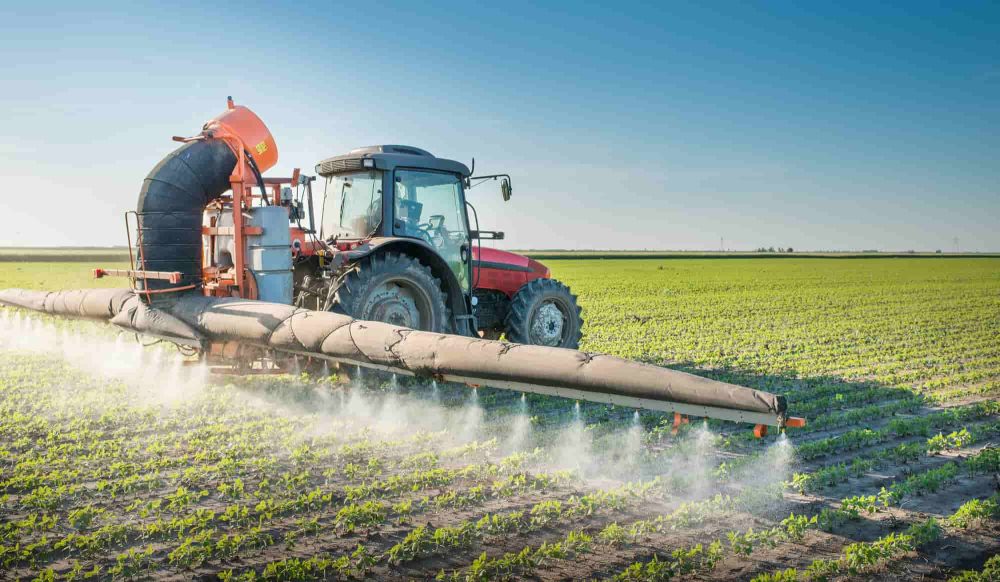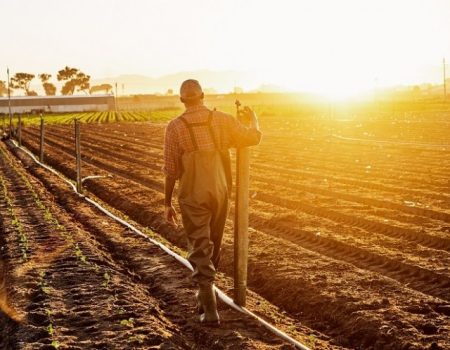Goodlike Education Consultancy
- Putalisadak , Kathmandu Nepal
- 015348110
- info@goodlikeedu.com
Study Agriculture
Why Study Agriculture
Agriculture is the science and practice of cultivating plants and livestock. It encompasses a wide range of activities, including crop production, animal husbandry, forestry, and agribusiness. Agriculture is essential for food production, resource management, and sustaining economies globally.
Key areas of Agriculture
- Crop Production: This involves the growing and harvesting of crops such as grains, fruits, and vegetables. It includes practices like soil management, irrigation, and pest control.
- Animal Husbandry: This area focuses on breeding and raising livestock, including cattle, poultry, and sheep. It covers aspects like nutrition, health management, and sustainable farming practices
- Agricultural Engineering: Agricultural engineers develop technologies and machinery to improve farming efficiency. This includes equipment design, automation, and advancements in irrigation and drainage systems.
- Agroforestry: This field integrates trees and shrubs into agricultural landscapes to enhance biodiversity, improve soil health, and provide economic benefits through sustainable practices.
- Agribusiness: Agribusiness involves the commercial aspects of agriculture, including production, processing, marketing, and distribution of agricultural products.
- Sustainable Agriculture: This approach focuses on environmentally friendly farming practices that maintain soil health, conserve water, and reduce chemical use to ensure long-term agricultural productivity.

Why is Agriculture Important?
Agriculture is crucial for food security, as it provides the essential resources needed to feed the global population. It significantly impacts the economy by offering employment and supporting industries like food processing and distribution. Sustainable agricultural practices contribute to environmental stewardship by conserving natural resources, maintaining biodiversity, and combating climate change. Additionally, agriculture supports rural development by providing livelihoods, infrastructure, and market access. Continuous innovation and research in agriculture drive improvements in crop yields, pest resistance, and farming techniques, ensuring future food demands are met.
Future Trends of Agriculture
- Precision Farming: Utilizing GPS, sensors, and data analytics, precision farming enhances crop management, optimizing resource use and improving yields..
- Vertical Farming: Growing crops in vertically stacked layers or controlled environments, vertical farming maximizes space and reduces the need for arable land.
- Genetically Modified Organisms (GMOs): GMOs are developed to improve crop resistance to pests, diseases, and environmental conditions, enhancing food security.
- Sustainable Practices: Emphasis on organic farming, crop rotation, and reduced chemical use promotes sustainability and environmental health.
- Sustainable Practices: Emphasis on organic farming, crop rotation, and reduced chemical use promotes sustainability and environmental health.

Get Free Quality Consultation
Your success is our priority, and we’re committed to helping you achieve your goals, no matter your financial situation. Take advantage of our free consultation services and embark on your journey to success today.
